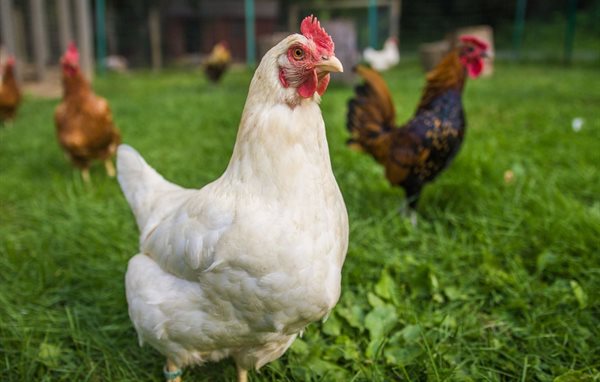The Southern African Faith Communities' Environment Institute (Safcei) has joined a global cage-free campaign launched against Restaurant Brands International (RBI), the owner of fast food brands Burger King and Popeyes.
The campaign, led by a coalition of more than 80 animal protection non-profit organisations worldwide, urges the company to source 100% cage-free eggs throughout their supply chains.
United under the Open Wing Alliance (OWA), the global coalition is mobilising to improve the welfare of chickens in factory farming systems worldwide and is holding the company accountable to improve the practices taking place within its supply chain.
“As one of the leading fast food chains in major markets worldwide, Burger King has a responsibility to address the suffering endured daily by the animals within its supply chains,” says Georgina Blumears, campaign coordinator at Safcei. “Burger King has the opportunity to improve the lives of millions of egg-laying hens and to be in the winner circle of major fast food chains adopting a truly global cage-free policy.
"For years now, Safcei has been calling on the hospitality industry to make the move from battery farmed eggs to cage-free, with great success. Today, we are joining thousands of activists from around the world in a global day of action. This is a coordinated effort to encourage RBI to commit to going cage-free, worldwide,” she says.
“We currently have a petition running, which we encourage South Africans to sign. This will form part of the international call shared by OWA. We have also emailed regional and international RBI leadership, calling on them to sign on to the commitment, and are calling them today to further reinforce our message."
While Burger King, owned by RBI, has taken initial steps to address the welfare of the animals within its supply chain, its current policies do not cover all of its owned brands or all types of eggs and egg products. "Therefore, the company still supports the torture of egg-laying hens in its markets all around the world. With the exception of Thailand and Indonesia, the fast food giant does not have any welfare commitments in Asia, where eggs are a substantial part of Burger King’s menu," says Safcei.
The Institute adds, "the eggs in Burger King’s global supply chain come from industrial farms that confine hens in tiny, filthy cages. These cages are so small and packed with birds that the hens can’t do anything that is natural or important to them. Often, their body parts are caught in the caging, which results in fractured or broken bones, deformities, and severe feather loss. Some hens, exhausted or unable to move, are trampled to death by their cage mates."
A wave of major companies in a variety of industries worldwide are ditching cages, and consumer demand for cage-free eggs is growing. International commitments to end cages are being made by some of the largest companies in the world, including Unilever, Nestle, InterContinental Hotels, Mondelez and Famous Brands.









































